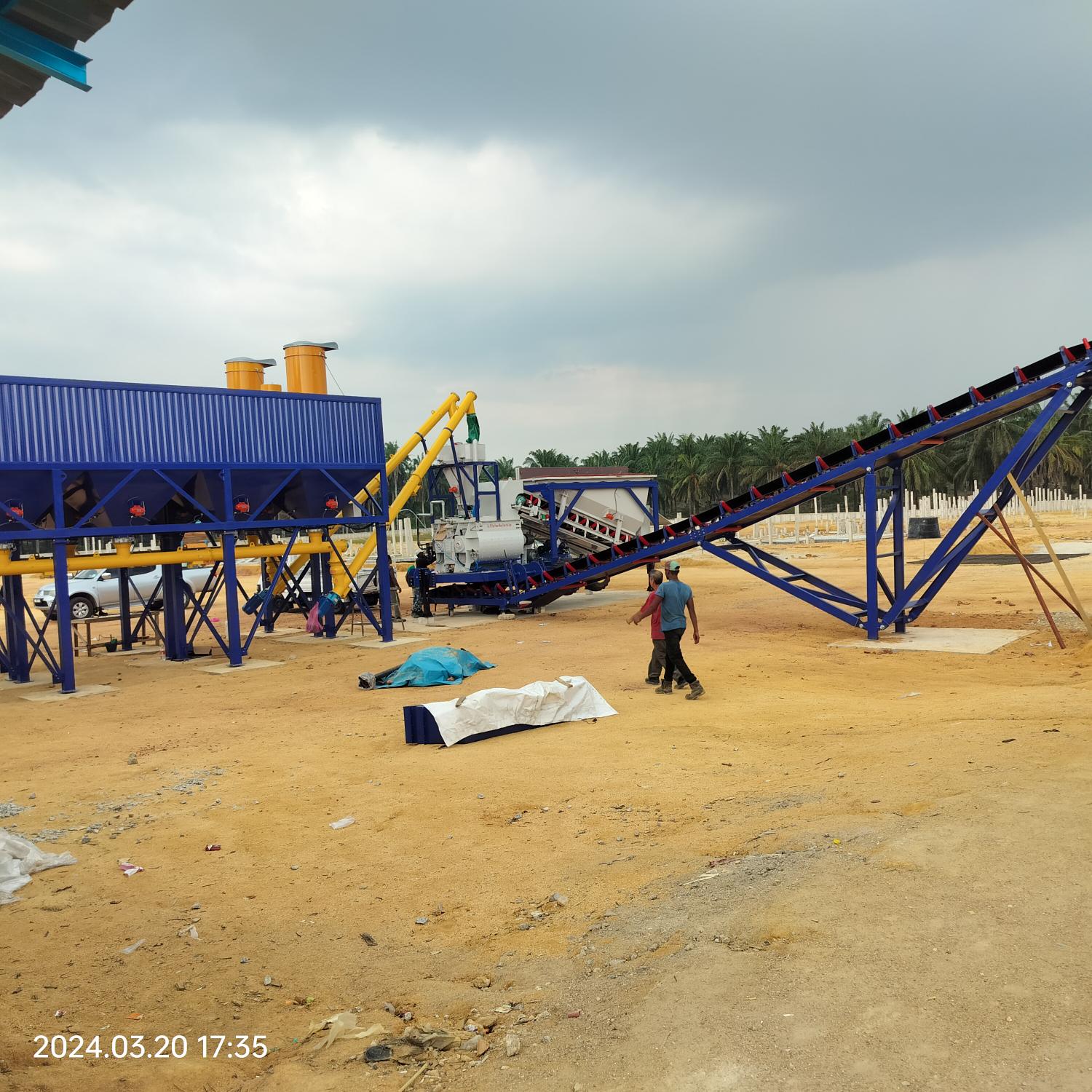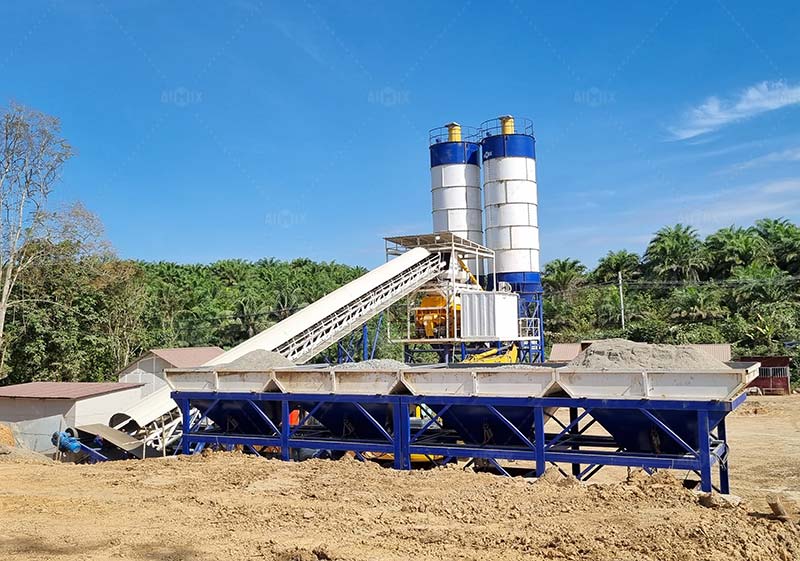This is a paragraph! Here's how you make a link: Neocities.
Owning a concrete batching plant can bring numerous benefits, especially for businesses in the construction industry. However, it's essential to consider not only the upfront investment but also the hidden costs that come with operating the plant. These costs often remain overlooked during initial budgeting, only to emerge as significant financial burdens later. In this article, we will explore the key hidden concrete batching plant price, including maintenance, fuel, and other essential operational costs that can impact your overall profitability. Understanding these factors in advance allows for better financial planning and smarter decision-making when investing in such heavy equipment.
One of the most significant ongoing expenses of owning a concrete batching plant is maintenance. Regular upkeep is essential to ensure the plant operates efficiently and safely, which is why it’s often overlooked in the initial purchasing decision. Here, we'll break down the various maintenance costs involved in owning and operating a concrete batching plant.
Concrete batching plants require frequent inspections to monitor wear and tear on crucial components such as mixers, conveyors, and weighing systems. These inspections typically result in periodic repairs and replacements of parts like hoses, gaskets, and bearings. Without proper maintenance, small issues can quickly escalate into major problems, resulting in costly downtime and repairs.

The durability of the plant components plays a crucial role in reducing long-term maintenance expenses. However, wear is inevitable, and spare parts such as drum liners, motors, and pneumatic systems will eventually need to be replaced. These costs can accumulate significantly over time, especially when considering the need for specialized parts that can be expensive. Additionally, stockpiling spare parts for emergencies adds another layer of financial consideration.
Fuel is another critical hidden cost that directly affects the operational efficiency of a concrete batch plant for sale. The plant relies on various fuel-consuming machinery, including the batching plant itself, as well as auxiliary equipment like loaders, forklifts, and backup generators. Fuel prices fluctuate regularly, and this can have a noticeable impact on overall expenses.
At the heart of a concrete batching plant's operation, the primary equipment such as mixers and conveyors consume considerable fuel to ensure continuous production. Depending on the type of plant, fuel usage can vary based on its capacity and frequency of operation. High-capacity plants, for example, tend to require more fuel, significantly increasing operational costs over time.
Fuel prices are subject to fluctuations, and while it’s difficult to predict the exact rise or fall of these prices, businesses must prepare for potential increases. Regular fuel audits, energy-efficient practices, and even considering alternative energy sources can help mitigate these costs. However, in many cases, fuel remains one of the more volatile operational expenses.

In addition to maintenance and fuel, there are other significant hidden costs that owners of concrete batching plants should be aware of. These expenses include utilities, labor, and compliance with environmental regulations. These costs can add up quickly, so it’s important to include them in your long-term financial planning.
Concrete batching plants require large amounts of water and electricity to operate efficiently. The water used in the mixing process is often sourced from local utilities, which means that water usage fees can be substantial, especially in high-volume plants. Additionally, the plant requires electricity to run machinery, lighting, and other systems, which can also result in significant costs. Being aware of energy-efficient technologies can help in reducing overall utility bills.
Labor is another ongoing cost that can become substantial when managing a small concrete batching plant. Skilled operators, maintenance technicians, and administrative staff are required to keep the plant running smoothly. Labor costs include not just wages, but also training, benefits, and possible overtime pay. Given the complexity of plant operations, highly skilled personnel are essential, and their compensation can significantly impact the bottom line.
Concrete batching plants are subject to numerous environmental regulations, which can lead to unexpected costs for compliance. These include fees for waste management, air quality control measures, and other environmental obligations. Failing to comply with these regulations can result in hefty fines, making it crucial to stay informed about the latest laws and invest in the necessary equipment and certifications to remain compliant.
Owning a concrete batching plant involves far more than just the initial investment. Maintenance, fuel, and additional hidden costs such as utilities, labor, and compliance fees are essential factors to consider when planning your budget. These operational costs can add up quickly and impact the profitability of your business in ways you might not anticipate. By understanding these hidden costs and planning for them in advance, you can ensure that your concrete batching plant operates efficiently and remains a valuable asset for the long term. Whether it’s choosing more fuel-efficient equipment, budgeting for regular maintenance, or complying with environmental regulations, being proactive in managing these costs will keep your plant running smoothly and profitably.